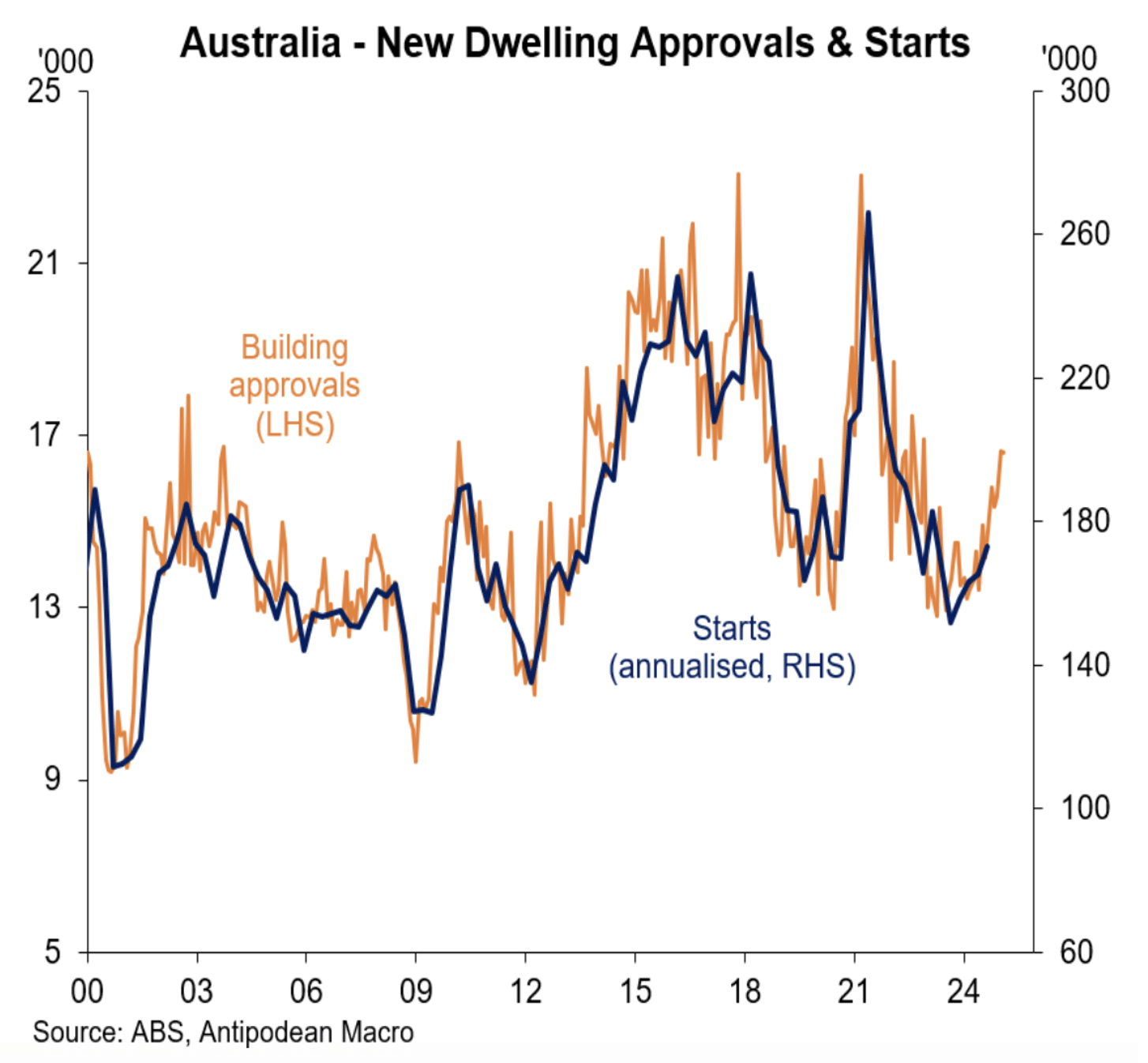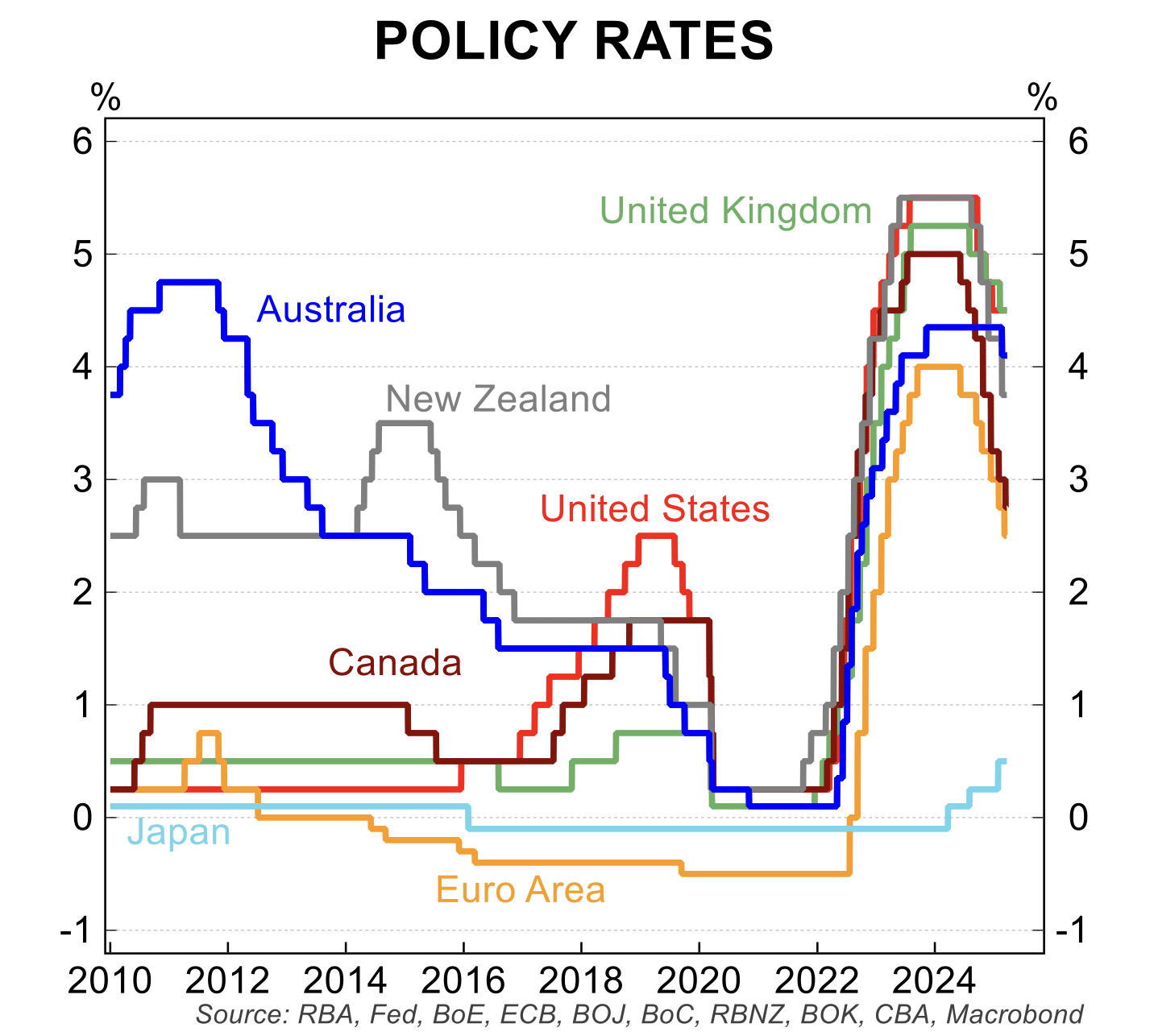In recent years, private real estate credit has emerged as a compelling investment choice for Australian investors. With traditional bank financing becoming increasingly constrained due to regulatory restrictions, private lenders have stepped up to fill the gap, offering agile and tailored credit solutions to property developers and borrowers. For investors, this presents an opportunity to gain exposure to the property sector while enjoying defensive, predictable returns.

“Private real estate credit is increasingly viewed as a strong alternative investment class... One of the reasons is it’s uncorrelated to equities markets, providing true portfolio diversification.
Unlike bonds (where yields reduce as interest rates increase), private credit also can deliver an annuitised return, notwithstanding prevailing investment conditions."Alan Greenstein, CEO & Co-Founder, Zagga
Understanding the Australian private real estate credit market
What is private real estate credit?
Who are the key players in the market?
Several participants drive the private real estate credit market, including:
This is any lender outside of the banks. Non-bank lenders can offer bespoke financing solutions for property developers, often stepping in to fill the void left by traditional funders, like the banks.
Many fund managers specialise in private real estate credit, managing portfolios that target specific layers in the capital stack, such as senior debt and mezzanine loans.
Property developers, both residential and commercial, are usually the primary borrowers, using these loans to finance projects.
From institutions to family offices and high-net-worth investors, private real estate credit is quickly capturing investor interest due to its attractive risk/return profile.
Types of private real estate credit
Private real estate credit encompasses a range of lending types, each offering unique risk and return profiles. Some of the common structures include:
Senior debt:
This is the least risky form of private real estate credit, as it is the first to be repaid in the event of a default. This is where Zagga specialises.
Subordinated debt:
Following senior debt in the capital stack hierarchy, subordinated debt occupies the middle ground between debt financing and equity investment and includes mezzanine debt as well as junior debt.
Junior debt:
Sits below the senior debt in the capital stack and charges a slightly higher interest rate to reflect its higher risk profile.
Mezzanine debt:
Positioned between senior debt and equity, mezzanine financing offers higher returns but elevated risk.

Benefits of investing in private real estate credit
Private real estate credit in Australia offers several benefits for investors, especially in today’s market environment. These benefits include:
Portfolio diversification:
For investors seeking to diversify their portfolios beyond traditional stocks and bonds, private real estate credit provides an attractive alternative. With its low correlation to public markets, this asset class can help buffer portfolios against market volatility.
Defensive positioning:
Private real estate credit tends to have a defensive nature due to its higher position in the capital structure. In the event of a property developer’s default, debt holders have priority over equity investors, allowing them to recover their capital first, often through asset liquidation or restructuring. This makes it a lower-risk proposition, especially when compared to equity investments in real estate, which are more exposed to potential losses, as they only receive returns after all debt obligations have been met.
Attractive returns:
Predictable returns:
One of the key attractions for private real estate credit investors is the steady and predictable income it can provide. Private real estate credit transactions involve contractual loan obligations over the life of the loan. The interest payments on loans provide a consistent source of income and stability of cash flows.
Lower risk than private equity:
Since debt sits higher than equity in the capital stack, private real estate credit carries less risk than direct equity investments in real estate projects as in the event of liquidation or enforcement scenario, equity investors only receive their returns after all debt obligations have been met.
Alternative to fixed income / cash:
Private real estate credit can also serve as an alternative to traditional fixed-income investments or cash, providing higher yields without significantly increasing risk.
Why Zagga for private real estate credit?
At Zagga, we are committed to excellence in private real estate credit. Our platform connects sophisticated investors with tailored, secured lending opportunities backed by real property assets. We have a proven track record of working with both small and large developers, facilitating projects that range from residential builds to large-scale commercial developments. Each investment opportunity is rigorously assessed ensuring that investors have all the details they need to make informed decisions.
Check out our projects
Learn more about the private real estate credit investment opportunities we offer.
Is private real estate credit for you?
Private real estate credit in Australia offers a unique investment opportunity for investors looking to diversify their portfolios, access defensive assets, and achieve attractive risk-adjusted returns. With the market for private credit continuing to grow, and non-bank lenders becoming more prominent, this asset class represents a valuable addition to a well-balanced investment portfolio.
If you’re interested in learning more about how private real estate credit can work for you, contact Zagga today and explore the investment opportunities we have available.
- FINSIA | https://www.finsia.com/news-hub/infinance/asic-shines-light-private-credit
- As at 30 October 2024




